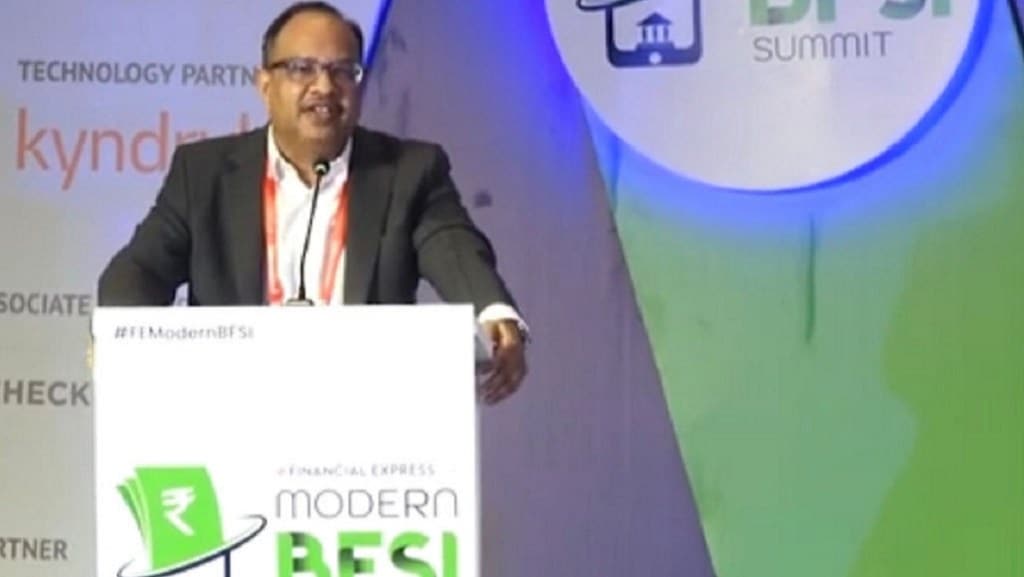Rajesh Bansal, the dapper, mission-oriented CEO of Reserve Bank Innovation Hub (RBiH), the wholly-owned subsidiary of the Reserve Bank of India, has all along been a votary for innovations that have customer at the centre. It was therefore with good reason that the just concluded crucial meeting on Indian banking, financial services and insurance – The FE Modern BFSI Summit 2023– had to have his insights and a brainstorming session with some of the finest minds from the BFSI sector. Graciously agreeing to share his invaluable time, Bansal, delivering a special address at the summit, shared his perspective from the vantage point of an organisation that was set up to promote and facilitate an environment that accelerates innovation across the financial sector.
Be it the Gen-Z , the aged consumer, a young working professional, they all and others live in times where both nerds and noobs will only latch on to an innovative solution if it can solve their pain point. Most often, institutions tend to do the opposite and take a supply side approach to innovation with a take-it or leave-it option for the consumer. This may not work anymore. “Customers have to be at the centre of innovation,” he says. For this, he suggests a three-pronged approach – being demand-driven, getting to be customer-centric in every offering and ensuring simplicity. Giving an example of UPI (Unified Payments Interface), launched in 2016 and the reason it took off was because it made digital payments easy and had customers or the digital native at its centre.
Referring to the 116 million Gen-Z consumers in India, he says for them and for everyone else, innovations, in order to be fruitful in terms of adoption, had to be simple and intuitive, personalised and transparent (with no hidden charges).
Simplicity could just be having an adaptive, de-cluttered menu and on-demand services. Since, many may use multiple channels, a seamless experience across channels is all that would matter and this could be with perhaps an integrated CRM (customer relationship management) designed into the solution.
On how one could decide what innovations to prioritise, he says, attempt finding an answer to an unmet customer need, provide a solution that addresses this and then build a business model that allows for the solution to be monetised. There was a huge role that fintechs could play through innovative solutions in the Indian journey to a $5 trillion economy.

